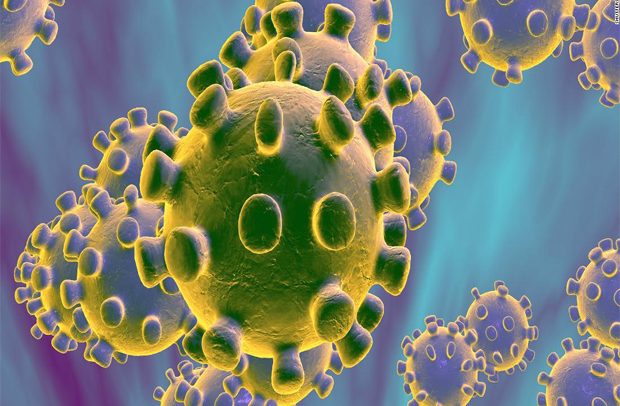News about two persons quarantined at the Korle-Bu Teaching Hospital for manifesting symptoms of the coronavirus yesterday sent shock waves down the spines of most Ghanaians.
The apprehension was a normal reaction, especially when many doubt our readiness as a country to deal with a virus which does not have a ready remedy. That it has claimed many casualties at its epicentre in China adds to the apprehension.
Although the all-clear signal occasioned by the negative results of the tests carried out on the two persons calmed down nerves, a certain level of fear persists. A few days ago, some journalists were invited to the Kotoka International Airport to observe the handling of visitors as a means of detecting and isolating persons showing symptoms of the infection.
In spite of the fear noticeable among some persons in the country, majority of people do not know much about the infection.
We would not be wrong to suggest that there has not been any effort at alerting the citizenry and others in the country about the virus. That could be understandable because such efforts could be counterproductive if not handled properly. Poorly managed education comes with its attendant challenges in the form of panic. A World Health Organisation (WHO) official speaking about the subject recently expressed worry about what she described as the flourishing of rumours when there is an international medical emergency. The half-truths and untruths associated with the sounding of the alarm bell could be worrisome occasioned by exaggerations.
Be that as it may, we ask for a controlled management of information regarding the subject under review. It would not be out of place to commence a professionally managed public education programme about what the coronavirus is.
This way, the preparedness required in the wake of the outbreak in China would have been executed to our general good.
While we acknowledge the arrangements put in place at the ports of entry to isolate cases of coronavirus symptoms and to deal with them swiftly when they manifest, we nonetheless hold the view that such efforts without a corresponding education of the people would yield nothing positive.
Those who manage such a programme should be able to differentiate between causing fear and panic and productive awareness creation.
Although the origin is China, those spreading the words about the virus should avoid remarks which could encourage xenophobic tendencies because our country is part of the global village.
Good hygiene practices would go a long way in supporting whatever our health delivery workers would impart to us.
There is no coronavirus in here but Ghana has been categorized as a risk country. This should inform our preparedness in whatever form possible.
The fear and panic which gripped the country and especially the largest referral health facility was triggered by the dearth of knowledge about the virus.


